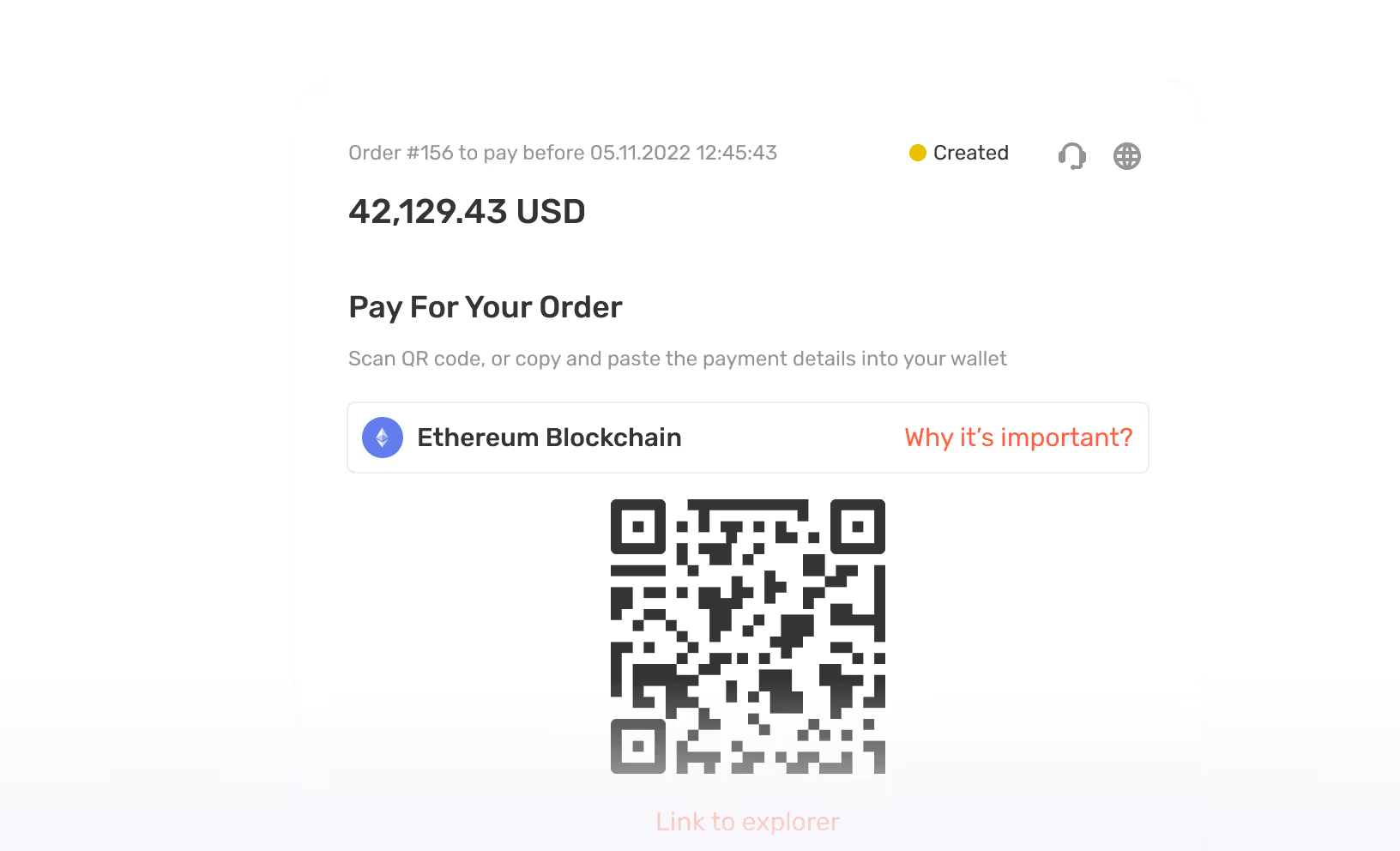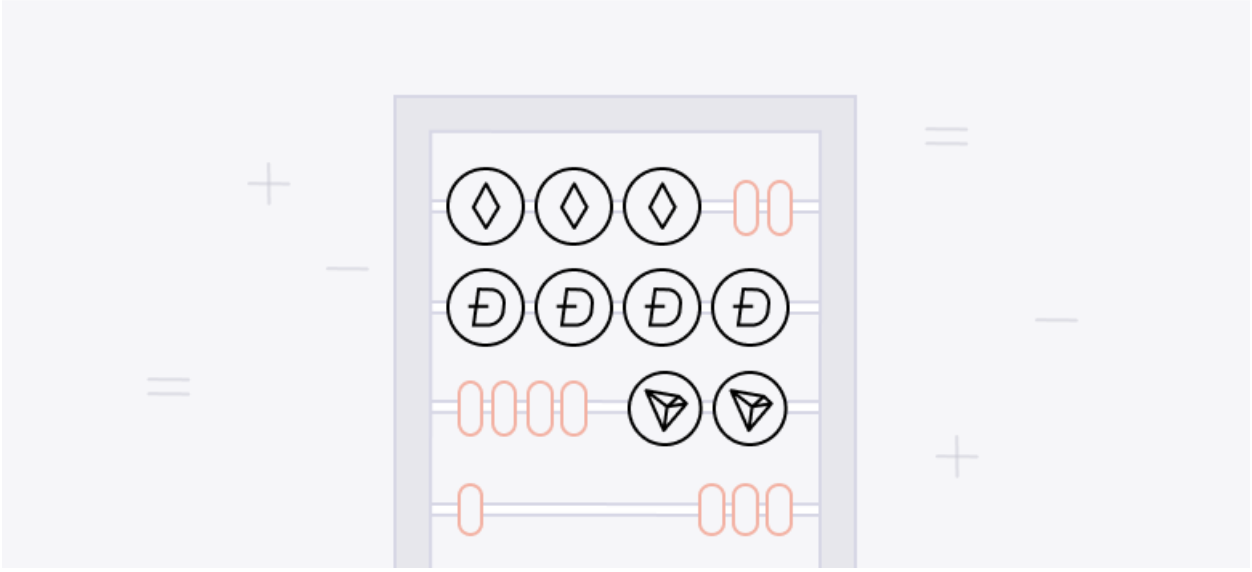Solutions
Accept payments effortlessly with our crypto payment gateway
Features
Core Functionality
Orchestrate your wallets, transactions, deposits, payouts, stakings and security
Features
Core Functionality
Accept crypto payments in all major coins and exchange it all into fiat, coins or stablecoins
Features
Crypto Payment Processing
Perfect solution for crypto swaps and high-volume businesses
Features
Wallet as a Service
Access deep liquidity with tight spreads, optimal prices, and extensive market depth
Features
Swaps
Features
Custody
Solutions
Customers
Merchants
Reap the benefits of online market by accepting crypto payments
Online Games
Offer users the chance to play using crypto
Gambling
Crypto payments for online gambling industry is worth billions
E-commerce
Offering crypto payments to customers is now the advantage
Adult
Best Crypto Payment Gateway & Processor for Adult Platforms with low fees and secure processing
Donation Tools
Receive crypto donations easily with B2BINPAY's processing
Payment Button
Integrate a crypto payment button to accept payments or donations
Customers
Developers
Supported Blockchains & Coins
List of blockchains and coins that are supported by B2BINPAY
Swap Pairs & Limits
Lineup with available currency pairs and info about its limits
Guides (How to)
Step-by-step tutorials how to use the B2BINPAY Web UI
Release notes
Changes, enhancements, bug fixes, and new features
Supported Stablecoins
List of stablecoins that are supported by B2BINPAY
Minimum Deposits & Withdrawals
Full information on currencies within each solution
API
Description and available methods of B2BINPAY API
Supported Tokens
List of tokens that are supported by B2BINPAY
Developers
Company
Media
Pricing







































.svg)


.svg)

.svg)

.svg)
.svg)

























































.png)









